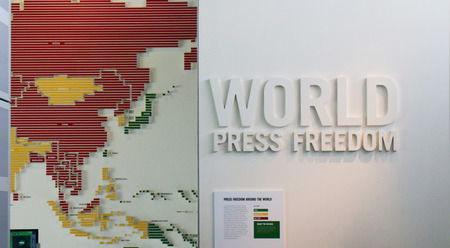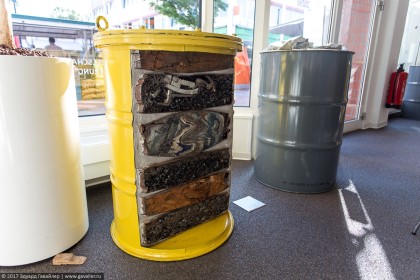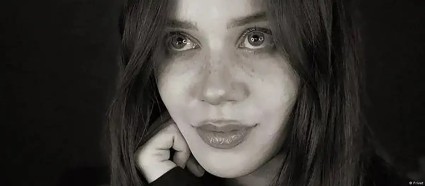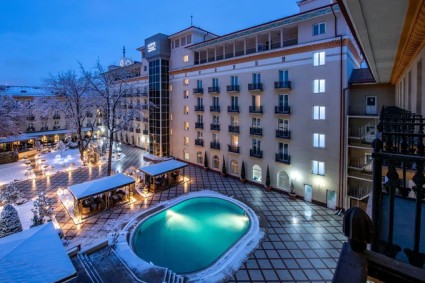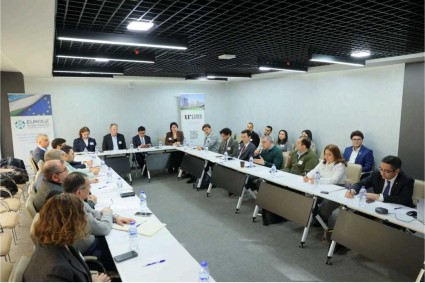Uzbekistan slips by 1 position to 157th among 180 countries in the World Press Freedom Index published by the Reporters Without Borders (RSF).
RSF noted that 5 years after President Islam Karimov’s death in August 2016, a thaw is under way in what was one of the world’s harshest dictatorships. The last imprisoned journalists – some of whom were held for nearly 20 years – have been released but have not been rehabilitated.
Access to websites that were censored for years has been unblocked. Media registration has been made easier. Live political broadcasts have made an appearance and some journalists are now covering sensitive subjects such as corruption and forced labour. However, criticizing the highest level of government is still out of the question.
The authorities are in no hurry to carry out the necessary reforms to the laws that constrain the media. Surveillance, censorship and self-censorship are still present and the authorities maintain a significant level of control over the media. Bloggers are still being threatened or arrested. Uzbekistan has reopened its doors to foreign and exile journalists but some journalists and media outlets, including the US government-funded Radio Free Europe/Radio Liberty, have found it difficult to obtain accreditation. It will be hard to fully restore press freedom without political pluralism and without justice for the dictatorship’s crimes. The road is still long.
Uzbekistan’s neighbors in the index are Rwanda (155th) and Belarus (157th). Kazakhstan ranked 15th, Tajikistan ranked 162nd and Turkmenistan 178th. Both countries are in the so-called "black zone". Kyrgyzstan took the 79th spot and is the only country in the Central Asian region where the situation with press freedom is seen as "problematic".
For the fifth year in a row, Norway tops the rank, followed by Finland and Sweden. In the top ten were placed Denmark, the Netherlands, Jamaica, Costa Rica, Switzerland, New Zealand and Portugal.
Released each year by the international organization RSF, the index ranks 180 countries/territories according to the freedom that it allows to journalists based upon the organisation's own assessment of the countries' press freedom records in the previous year. It intends to reflect the degree of freedom that journalists, news organisations, and netizens have in each country, and the efforts made by authorities to respect this freedom.

